There is a life after Facebook, Instagram, WhatsApp, Amazon etc.
See also: Password protected page with my updated contact information.
I am feed up with advertisements, algorithms that filter what you see, the propagation of hate speech and lies, censorship of leftish contents while claiming to be advocates of free speech, and with oligarchs that use their tech platforms to support right wing extremists and help destroy democracy and interfere in politics of other countries. And I am fed up with contributing to it financially, and I am done with it.
I have spent some significant time in the last months to delete my contents in all the META social media and messaging applications and to cancel programs with subscription / membership schemes. For reasons why see in the last section below.
- Twitter: I deleted my Twitter account immediately when Elon Musk bought the platform.
- Threads: This was very easy too, since I had not posted much on Threads. Gone quickly.
- WhatsApp: I only subscribed to WhatsApp because it is the main platform for communication in Africa, and also used quite a bit by my project partners in Southeast Asia. Deleted, if I need it again for work I will have to open a work account.
- Instagram: I deleted all instagram posts and comments. My presence on Instagram will stay for a while longer, in hibernation mode, just to let my friends know where I can be reached now.
- Facebook: This is the most difficult one since there is currently no replacement of the Groups and the Marketplace with a good following. I deleted all my contents on Facebook, unfollowed the irrelevant groups and posted a message where I can be reached now. I occasionally still post updates there on my signing off.
These took some effort and signing off the platforms was accompanied by some serious separation anxiety. I saw a lot of friends and public figures doing the same and moving to some of the platforms below, which made it a bit easier.
- Amazon: I had two accounts on Amazon, one international one and one for the German market. I just deleted both accounts, or marked them for deletion (Amazon is has still not closed them).
- AirBNB: This was a bit difficult, emotionally, because I had booked many nice places there.
- Other US based services: I deleted my accounts in TripIt, Dropbox, Github
- Work in progress, deletion of: Flickr (already cancelled the subscription), Youtube,
Initially it appeared to be tougher than I thought, and it took significant time and effort, especially for saving my contents before deleting. But it was if fact very liberating. I can now use social media without advertisement and can block haters and liars easily, so my new social media experience is a bit like in the early days of those social media when they were not yet totally focussed on making the billionaire owners richer. For details about the account deletions see the last section below.
There are alternatives!!
A former colleague said when I terminated my Twitter account: “But you reach most people on Twitter.” During the Third Reich almost all Germans were reached through the Volksempfänger with Göbbels Propaganda too, the NSDAP had almost total reach. But did reach justify listening to the propaganda? Like the resistance back then, which unfortunately failed, we need to build up the non-billionaire owned social media and exchange platforms before there is no possibility to do it anymore.
Social media alternatives
There are several alternatives for social media sites. I am not going into a lot of technical descriptions here, my main criteria for choosing a site were:
- Advertisement free
- Open source (so algorithms can be checked)
- Decentralization in hosting, ideally hosting outside the US (with the shit show happening now in the US I lost any trust in institutions and companies in that country). Don’t get me wrong, I have visited the US 6 times and I loved every visit and the people I met. This is about companies, not about individuals.
- Possibility to monetize postings (just in case if in the future I would create contents that people are willing to pay for)
- Reasonable user size, with some users I know, upwards trend in new user subscriptions
| Platform | Advert free | Open source | Decentralized | Monetization | Ownership, Hosting | Users |
| Mastodon | yes | yes | yes | no | World wide | limited, increasing |
| Bluesky | yes | yes | yes | planned | Benefit corporation, USA | 30 mio. increasing |
| Flashes | yes | yes | 30,000 as of March 7, 2025 | |||
| Substack | yes | No | No | Yes |

For professional purposes LinkedIn is my preferred choice.
It belongs to Microsoft though, not ideal, but until now now advertisements and no propaganda. Very business focussed..

My clear favorite in terms of my criteria is Mastodon. It “is an open source, self-hosted, social networking service. Mastodon uses the ActivityPub protocol for federation which allows users to communicate between independent Mastodon instances and other ActivityPub compatible services.” (Wikipedia) The downside right now is that it still has a limited number of users, but it is increasing. I feel it is more difficult to understand and set-up than the other platforms, so I don’t assume that the user base will grow very fast.

Bluesky has a bigger user base (30 million by January 2025) and feels pretty much like Twitter in its early days, when I still used it. It puts user control over algorithms, you can block people easily, but that might have the danger that you end up creating your own echo chamber. But you control it, and not revenue driven revenue advertising algorithms. It is run by a company in the US, so that constitutes a risk. Bluesky Social PBC is a benefit corporation a type of for-profit corporate entity whose goals include making a positive impact on society, and not to generate shareholder value, so on principle that is a good thing.
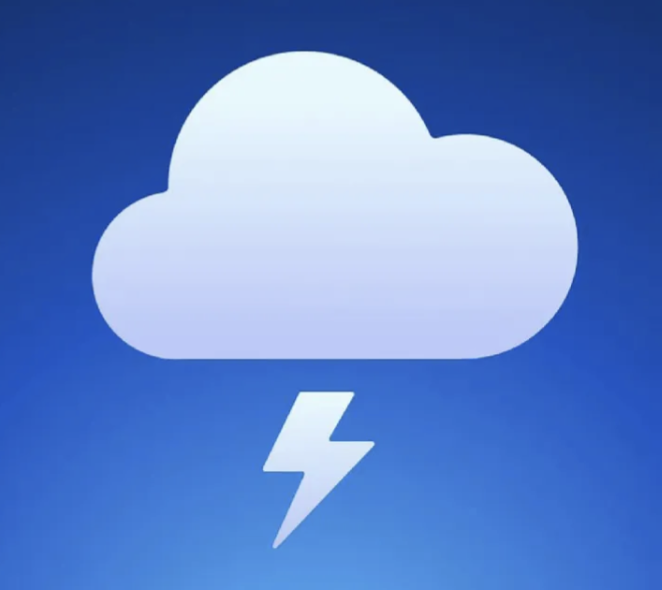
Flashes is basically a potential replacement for Instagram, once it is available for android. It allows users to share up to four photos per post and also supports one-minute-long videos. According to TechCrunch the app is powered by the same technology that supports Bluesky. It was only released in the first week of March 2025, but immediately had 80k downloads. It also links to Bluesky’s more than 30 million users. So far it is only available for Apple, an Android version should follow soon.

Substack is an American online platform that provides publishing, payment, analytics, and design infrastructure to support subscription newsletters. It allows writers to send digital newsletters directly to subscribers. Founded in 2017, Substack is headquartered in San Francisco. Substack users include journalists, subject-matter experts, and media platforms, few of its newsletters publish original reporting; the majority offer personal writing, opinion pieces, research, and analysis. (Wikipedia)
I like the concept and a lot of the contents I have assessed so far, Substack has very light content moderation and also allows Nazi newsletters to be published, so I will be observing it very carefully and might quit it again.
Messaging alternatives
Finding a replacement of WhatsApp and Facebook Messenger is actually very easy. The downside is that they are lacking the integration with alternative social media sites for now.

Signal offers end-to-end encrypted voice calls for free in free and open source software on all platforms. The only data it collects from its users is the mobile telephone number that is needed for registration. Signal was endorsed by Edward Snowden.

Viber is used a lot in Southeast Asia by businesses and individuals.
In 2022, Rakuten Viber won a Security Award, by test.de, a tech firm based in Germany where there are over 3 million Viber users.
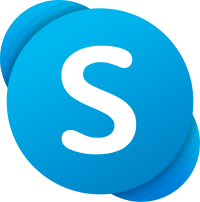
I use Skype mostly for calls to landlines abroad. It also does videotelephony, videoconferencing and voice calls. It also has instant messaging, file transfer, debit-based calls to landline and mobile telephones (over traditional telephone networks), and other features. I heard that Skype will be discontinued in the first half of 2025 though.
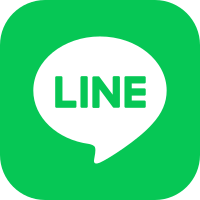
Line is a freeware app and service for instant messaging and social networking, operated by the Japanese company LY Corporation. It became Japan’s largest social network in 2013 and it is also popular mainly in Indonesia, Taiwan and Thailand. (Wikipedia)

I have a Telegram account, but because of their history of hosting groups like ISIS and far rights I am sort of reluctant to use it. However, if somebody does not have any of the other messengers listed here, we can use Telegram.
Social Media and Video Conferencing

For Video conferences Zoom
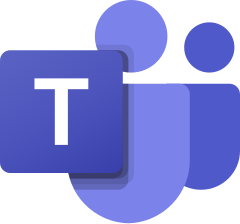
For Workspace chat and Video Conferences. Teams. However, it sometimes has problems to start up on my MacBook, so I actually prefer ZOOM.

And, of course, with other Apple users: Apple FaceTime
Old school communication
And of course there are email, SMS and telephone.

GMail: Work – deleted; personal – never used
Yahoo: Deleted
GMX: Good, but not needed – deleted
Outlook (comes with the MS subscription): Not used
For email I have a subscription to one of the German service providers in combination with our homepages. As e-mail client on the laptop and the mobile phone I use Apple Mail
Last not least there is our travel blog travel.magayon.de , of which this page is a post, a very traditional web site that I will use more to post stories.
Getting rid of Other US Based Services, or defunding billionaires
Why?
Tech billionaires totally flip flopped when it became clear that the Republicans would win the election. In most other countries their behavior would be called corruption.

See also: NPR article
In the name of “free speech” they have removed content moderation and also allowed previously banned criminals back to their platforms.
In addition, filtering of contents so that you only see what is in your echo chambers and advertisements have become unbearable in recent months.
Amazon
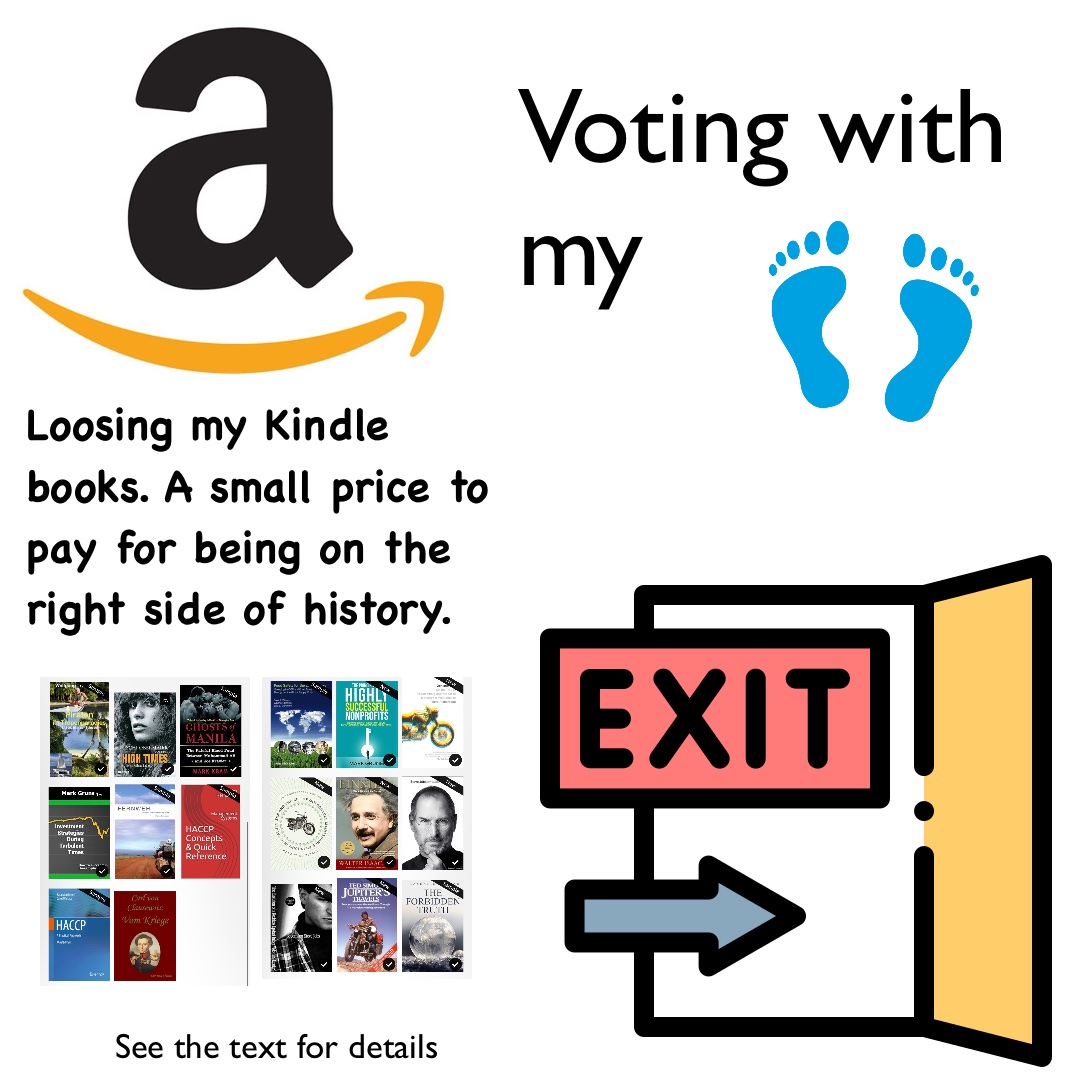
I had two Amazon accounts, one for Germany and one internationally. I have also bought around 20 Kindle books. I just deleted both accounts, or marked them for deletion (Amazon is has still not closed them).
To save my Kindle books I tried to download them and convert them so I can read them elsewhere. But while that was possible before, Amazon has totally blocked that option now. For me that is a scandal in itself. I have paid for the books, so I should be able to read them wherever I like, as long as I don’t distribute them.
Why signing off Amazon?
- Having started my work life as a blue-collar worker, and still strongly identifying with those people who actually generate the real value, one important reason for me is related to Amazon’s labor practices, including poor working conditions, union busting and driver exploitation, for example.
- Second is related to the environmental footprint: packaging waste, encouraging free returns without reason as business practice followed by destruction or dumping of the returned items in landfills, and high carbon footprint.
- Third is around killing off small businesses and often monopolistic behavior.
There are many more reasons, I counted 12 that apply for me. The drop that made the barrel overflow was Jeff Bedros’ joining the fashist bootlickers and the recent change in the WP opinion pieces policy.
The consequences? A bit painful initially, but bearable, and in fact liberating.
- I decided to just forget about the Kindle books, I read them already. Maybe a bit more difficult to do shopping for some difficult to get items, but there are many alternatives, in particular buying at the “OEM” shops.
- Publishing, I had to delete my publishing account too. Well, not too bad, I had only one item on it and there are many other platforms for self publishing.
- Maybe without Amazon it will be a bit more difficult to do shopping for some hard to get items, but there are many alternatives, in particular buying locally or directly at the “OEM” shops.
AIRBNB
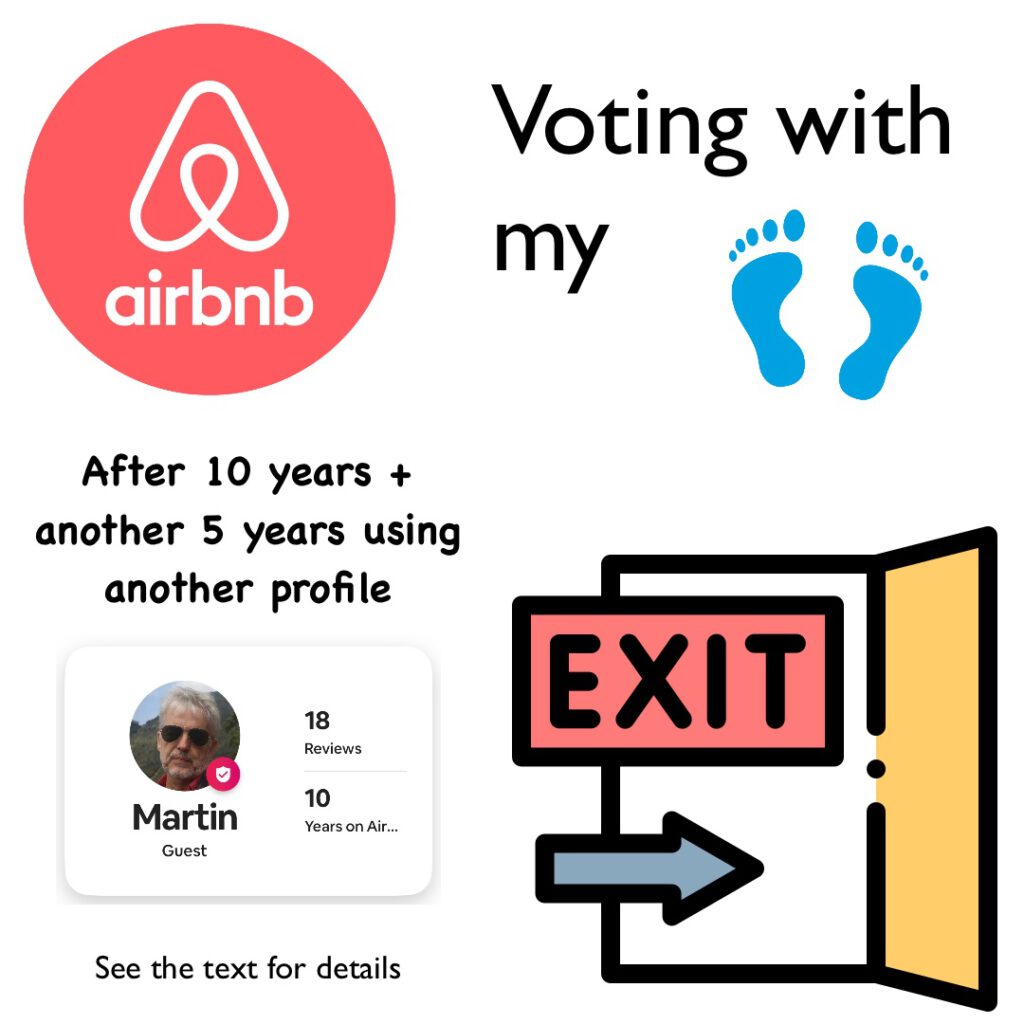
As pointed out above I am signing off all companies and platforms that support the far right and oligarchs.
But that is not the only reason. I have been on RBNB for around 15 years, and used it a lot to make bookings during our family travel. Initially I really liked it and the idea behind it, not thinking much about it. But on recent trips and during discussions with locals I got very much aware of some downsides of this convenient way of making bookings. Some examples:
- Housing affordability. In Spain and Portugal it is becoming more and more difficult for locals to find affordable housing, because a lot of owners converted their property into an RBNB. I am house owner myself now but for most of my life I rented, and I do believe we need fair conditions for all.
- Avoidance of taxes, many cities complain that this is the case (I don’t understand the details well enough, but similar as with Uber, I am advocating that these Tech companies should compete fairly with local companies.)
- Real cost. It is still OK in the Philippines, but in other countries I have experienced high cost for cleaning and all sorts of other fees that were not included in the advertised booking rate. You end up with a much higher bill, again it is not fair competition, because those cost are included in the prices of e.g. hotels.
More than enough reasons, one of the co-founders joining E. Muskrat going far-right just was the last drop. That alone is reason enough. Source: https://www.reuters.com/…/airbnb-co-founder-joe…/…
DropBox
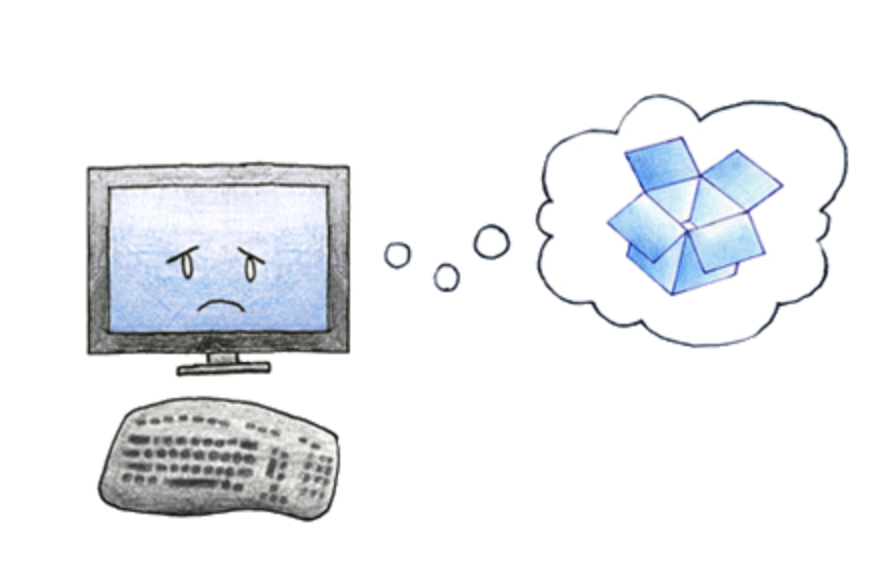
Yea, sorry, you had to go too.
I will be using pCloud for sharing files in the future.
pCloud is a Swiss Company. Its servers are based in Europe. I paid a one time fee for a family life membership. No silly annual subscription fees.
TripIt
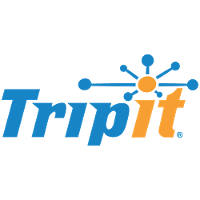
Since 2012 I have used TripIt to manage my work related and personal travel. It is a great service. It downloads flight details, links to your calendar, send you alerts etc. I had more than 70 trips logged in there. But: While it is owned by SAP, its data offices are based in the US. It can therefore be assumed that the data is also stored there.
Downloaded all the trips and deleted my subscription (Feb. 7, 2025)
Alternatives: I always planned my personal travel, like home leaves, the traditional way using, spreadsheets, the calendar and documents, all shared with fellow travelers. Even when had TripIt entry for a personal trip. For the few trips I do per year now, this will do. I might even re-activate my Filofax.
FLICKR

I had around 12,000 photos on Flickr. It was basically my primary place for photos, when needing one on a home page or blog, I just embedded the Flickr Link. I was happy to pay the US$ 40 / 2year equivalent to US$ 20/ year subscription fee to go above 1,000 pictures of the free version. Then Flickr was sold to another company and the fee jumped to US$ 80 per year, a four fold increase. Corporate greed.
I deleted 11,001 photos and just kept the one that are linked to in other pages. Cancelling the Flickr pro subscription was the next step.
An alternative: I will replace the links over the next months to links on photos on pCloud and then cancel my free Flickr subscription too. pCloud does not have the albums and editing functions of FLICKR, but editing worked out on my desktop better anyway.
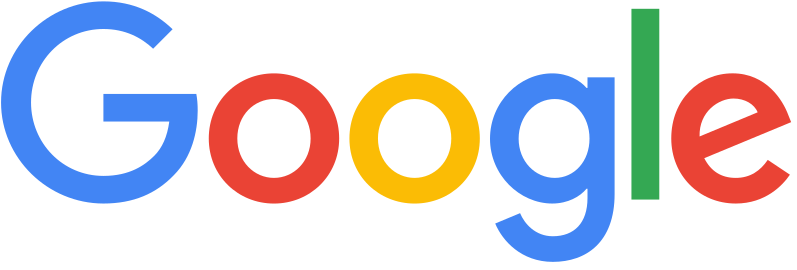
I never liked Google. This whole idea of my data being the payment for a “free”, advertisement sponsored service creeped me out from the beginning. When my employer switched from Microsoft Office to Google Docs, I had to use it for work. Work – emails were also hosted by Google.
When Youtube was bought by Google, my personal Youtube account was converted into a Google account. I used it only for youtube, not for other Google products. I have quite a few videos on Youtube, they are also linked in our travel blog. I have to find an alternative and move the videos to another place.
So far pCloud looks good as a replacement.
Google Translate. Deleted the App in May 2025. Used to be a pioneer in the translation area. But there are now good alternative.
For individual words and Phrasen Leo.org.
As an APP: Translate
Microsoft Office / Microsoft 365
For now I need to retain it because I am still working as a consultant every now and then and it is the de-facto standard for business.
Microsoft Cloud: I have 1TB as part of the subscription, but I only use that for work related files. No personal data / files.
Others
- Github data stored in the US – deleted, Feb. 6, 2025